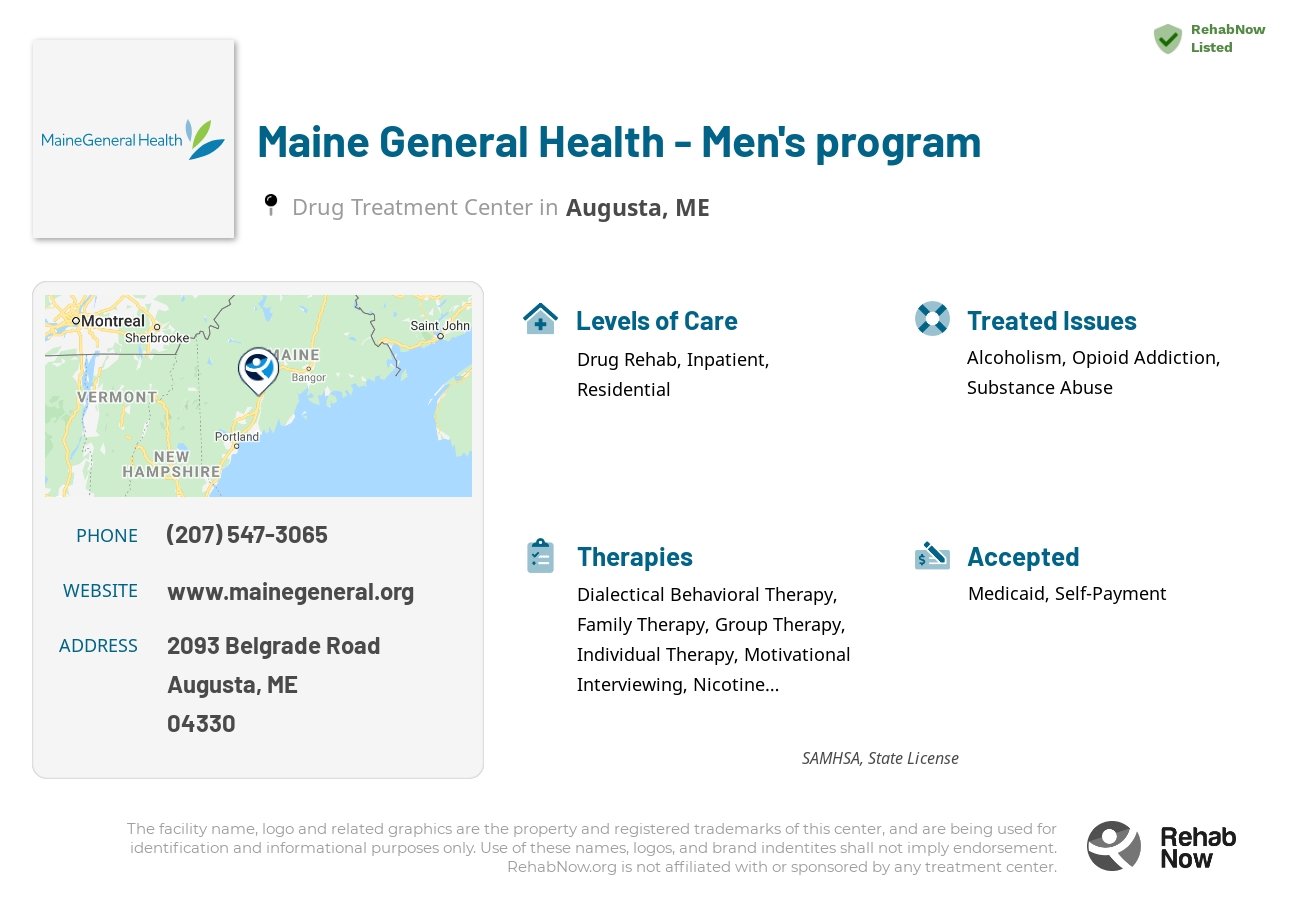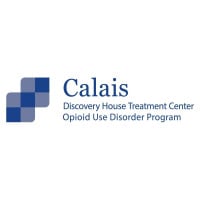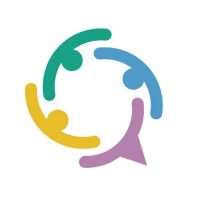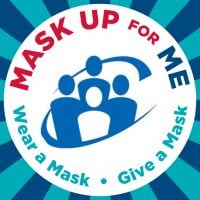Maine General Health - Men's program
Drug Rehab Center in Augusta, Maine
Maine General Health - Men's program offers comprehensive addiction and substance abuse treatments, including inpatient and outpatient services, a multidisciplinary team approach to treatment, evidence-based practices, family therapy and education, and innovative recovery programming.
About This Maine Facility
Maine General Health - Men's program in Augusta, Maine is a comprehensive medical facility providing a full range of mental health, addiction and substance abuse treatments. This facility, located in the United States’ northeast region, offers both inpatient and outpatient services for individuals struggling with substance use disorders. Their multidisciplinary team approach to treatment offers support for mental, physical, and spiritual well-being. This holistic approach to recovery allows individuals to sustain long-term sobriety and improved quality of life.
Maine General Health - Men's program provide a variety of specialized services to treat addiction and substance abuse. Their team consists of addiction addiction counselors, nurses, and physicians who work together to provide an individualized treatment plan for each patient. Patients are able to participate in evidence-based practices such as cognitive-behavioral therapy, as well as receive medication-assisted treatment and access to wellness programs. Additionally, Maine General Health - Men's program offers family therapy and education to better equip families with the tools they need to support their loved ones.
Maine General Health - Men's program is accredited by The Joint Commission and the Commission on Accreditation of Rehabilitation Facilities (CARF). In addition, they have received licensure from the Maine Department of Health and Human services and are a contracted provider with public and private insurance providers. Furthermore, Maine General Health - Men's program offers innovative recovery programming including wilderness therapy and community-based outpatient services. These programs offer individuals a chance to engage with their environment as part of their recovery journey.
Genders
Ages
Modality
Additional
Accreditations
State License
SAMHSA
Conditions and Issues Treated
People who abuse drugs are likely to suffer from an addiction, which can cause serious health problems. When it comes to helping drug abusers get sober, there are many options to choose from. It is essential to state that there is no “”correct”” way of doing things. People are different, and they need different types of help to get over their addiction.
Many people who struggle with opioid addiction need to attend specific programs like methadone , Suboxone or Vivitrol clinics.
These types of programs will provide the patient with legal, prescription medications that can help them overcome their cravings for illegal opioids like heroin or fentanyl . If the patient has a chronic condition like Hepatitis C, they must undergo treatment before they can begin taking these medications.
Levels of Care Offered at Maine General Health - Men's program
This center offers a variety of custom treatment tailored to individual recovery. Currently available are Drug Rehab, Inpatient, Residential, with additional therapies available as listed below.
Individuals who are suffering from severe addiction or have a high risk for dangerous health concerns are often recommended to receive inpatient treatment.
Choosing to enter an inpatient treatment program is beneficial for people who are suffering from severe addiction, or who have a high risk for dangerous health concerns.
Inpatient treatment is beneficial for:
- People who have a history of severe withdrawal.
- People who have attempted to overcome addiction on their own without success.
- People who have a history of relapse, or have recently relapsed.
- People at risk for drug overdose or withdrawal-related complications.
- People with medical conditions that are worsened by drug or alcohol use.
Residential treatment programs are those that offer housing and meals in addition to substance abuse treatment. Rehab facilities that offer residential treatment allow patients to focus solely on recovery, in an environment totally separate from their lives. Some rehab centers specialize in short-term residential treatment (a few days to a week or two), while others solely provide treatment on a long-term basis (several weeks to months). Some offer both, and tailor treatment to the patient’s individual requirements.
Therapies & Programs
Therapy sessions focused on the individual addict can provide much-needed guidance as they work toward overcoming their addiction. These types of sessions typically involve guidance from a therapist, who will help addicts identify and process their feelings and cravings.
During these sessions, addicts may develop plans for coping with the triggers that typically lead to relapse and learn how to avoid those triggers during their recovery process.
The main goal of family therapy for drug addiction is to create an environment where communication can occur without judgment, hostility, or blame that often occurs within a family.
Family therapy is a type of group problem-solving that aims to improve communication and relationships between the patient, their family, and sometimes friends. The therapist is with the family as they learn to communicate with each other differently, especially with the addict when s/he is using.
The family can learn to reduce their enabling behavior or rally together and support each other during tough times. The patient also learns how to deal with their addiction and maintain sobriety while interacting with the family.
Different types of addiction treatment services are available. Within this article, group therapy is of interest due to its high success rate compared to individual therapy. Group therapy settings are beneficial because they allow recovering addicts to build a strong support network.
Benefits of group therapy are:
- Reduces feelings of isolation
- Immediate access to social support in the form of fellow addicts in recovery
- Lowers risk of relapse
- Increases rate of sobriety
- Builds coping skills that can be applied to everyday life
Trauma Therapy is a form of therapy that involves working with a patient to help them process and understand the past trauma(s) in their life. The idea behind it is that while some people can experience traumatic events and not have lasting psychiatric symptoms, many others will. In these cases, memories of the event get hidden from consciousness but continue to influence how the person processes and copes with things in their life. They may avoid situations that resemble what happened or become suddenly angry or irritated to a situation that reminds them of a past event.
With the help of a therapist, people can go back over memories and experiences. This helps them understand why they are having problems coping with certain situations and how they can change how they think and react to things. This therapy is typically done using techniques such as visualization, discussion, and writing down thoughts and feelings.
Trauma therapists will work with clients to help them understand their past and present relationships. Many times, patients may believe that something is inherently wrong with them or that they are unworthy of love. A therapist aims to correct these negative feelings and behaviors by helping the person realize that their actions do not reflect who they truly are.
One of the main goals of trauma therapy is to help clients express their emotions and talk about what they are feeling. This benefits both to increase awareness of how certain events have impacted them in the past and enables patients to realize that they can make changes in their lives.
Dialectical Behavior Therapy is a cognitive-behavioral therapy that helps addicts balance their thoughts and emotions to change their behavior. It was designed for those vulnerable to self-harm and suicidal thoughts and aims to help patients understand the connection between their feelings, emotions, and behaviors. It is effective for those whose addictions and behaviors stem from severe mental health issues.
Cognitive Behavioral Therapy (CBT) is used by drug treatment centers to help addicts comprehend the causes of their substance abuse and the consequences that follow. Through CBT, clients learn to recognize and avoid high-risk situations and cope with challenging situations when they arise.
CBT treatment often includes a combination of individual therapy, group therapy, lectures, and other activities. The treatment’s goal is to help addicts gain self-control and maintain abstinence from drugs and alcohol over the long term so that an addict can get sober and lead a more productive life.
CBT is particularly effective in helping people overcome their drug problems, especially people whose drug abuse is motivated by self-defeating beliefs and emotions.
REBT stands for rational emotional behavior therapy. This type of cognitive-behavioral therapy, or CBT, combines images with thoughts and behaviors to provide deep self-help education in the process of recovery from addiction.
It’s important because it allows one recovering addict to work through their issues on their knowledge they have support if needed.
Rational Emotive Behavioral Therapy (REBT) is based on the idea people operate under many irrational but habitual patterns of thought which fuel harmful practices and feelings. As one learns to identify these destructive patterns, one can replace them with healthier thoughts and behaviors.
Payment Options Accepted
For specific insurance or payment methods please contact us.
Maine General Health Associated Centers
Discover treatment facilities under the same provider.
- MaineGeneral Women's Residential in Augusta, ME
- Seton Center for Mental Health and Substance Abuse Services in Waterville, ME
- MaineGeneral Outpatient Counseling in Augusta, ME
Learn More About Maine General Health Centers
Additional Details
Specifics, location, and helpful extra information.
Augusta, Maine 4330 Phone Number(207) 547-3065 Meta DetailsUpdated November 25, 2023
Staff Verified
Patient Reviews
There are no reviews yet. Be the first one to write one.
Augusta, Maine Addiction Information
Prescription opioid abuse is the most common form of substance abuse in Maine. More than 10% of these residents have also admitted to using prescription drugs for non-medical purposes. Between 2013 and 2014, 4 out of every 5 deaths in Maine were caused by illicit drugs. One in five high school students in Maine uses marijuana every single month.
The drug addiction problem in Augusta, ME is significant. About 9.4% of people in Augusta abuse drugs. The most commonly abused drugs include heroin, cocaine, methamphetamines, marijuana, and prescription drugs. The most common type of drug rehab in Augusta is an inpatient facility, where the addict lives at the rehab center for a set period. There are also outpatient programs, which allow the addict to live at home while attending treatment.
Treatment in Nearby Cities
- Rockport, ME (38.8 mi.)
- Gray, ME (44.0 mi.)
- Yarmouth, ME (45.4 mi.)
- Stow, ME (60.8 mi.)
- Calais, ME (135.5 mi.)
Centers near Maine General Health - Men's program
The facility name, logo and brand are the property and registered trademarks of Maine General Health - Men's program, and are being used for identification and informational purposes only. Use of these names, logos and brands shall not imply endorsement. RehabNow.org is not affiliated with or sponsored by Maine General Health - Men's program.










